The Ministry of Oceans and Fisheries announced yesterday the country’s jurisdictional sea is safe from radiation contamination, proven by the ministry’s latest inspection.
The ministry said it found 0.00190 Bq/kg (becquerel per kilogram) of radioactive materials, including cesium, in six areas of the sea near Japan.
The amount is less than it was five years before the Fukushima Daiichi nuclear power plant exploded in the wake of an earthquake and tsunami in 2011.???
The National Fisheries Research and Development Institute and the Nuclear Safety and Security Commission conducted the investigation in August.
The institute said it found no harmful radioactive material in 18 kinds of fish caught in the territorial sea including the exclusive economic zone.
“The latest co-investigation has proved fisheries in our territorial sea are safe from radiation,” said the ministry in a statement. “Consumers can feel reassured about consuming Korean fish.”
The ministry decided to test seawater and fish every month in order to help ease public worries about radiation contamination. It has been inspecting 27 areas in the sea around the Korean Peninsula on a quarterly basis.
Fear of radiation has grown so bad that Korean consumers have stopped buying even locally caught fish. Sales have plunged at discount and department stores, according to the nation’s largest discount chains.
Oceans Minister Yoon Jin-sook told the National Assembly there is no need to fear radiation contamination.
“The government is blocking Japanese fisheries from last Friday, and it is conducting regular inspections on domestic fisheries,” Yoon said.
She emphasized that Korea has taken stronger measures against Japanese fisheries than other nearby countries.
“China has banned fish imports from 10 prefectures of Japan, but accepts those from the other regions even though cesium levels are as high as 800 Bq/kg,” the minister said. “Since we import those with 100 Bq/kg or less, Korea has a stronger standard.”
She dismissed concerns that contaminated fisheries from the eight blocked Japanese prefectures were being disguised as products from other parts of the country.
“Due to strict inspection of imports at customs, there is no possibility of disguising the products,” Yoon said. “If caught, such products will be sent back.”
Meanwhile, some experts’ views contrast with the minister’s.
“No one can block fish migration along with sea currents,”? said Chang Jung-ouk, a nuclear energy policy professor at Matsuyama University. “When fishermen catch fish in Aomori Prefecture and trade them in Hokkaido, that means Korea could import fish from Aomori through Hokkaido.”
Kim Ik-joong, a microbiology professor at Dongguk University, said current measures are not enough.
“The government needs to ban all fish imports from all regions of Japan,” Kim said.
BY Song Su-hyun [ssh@joongang.co.kr]
|
|
||||||||




